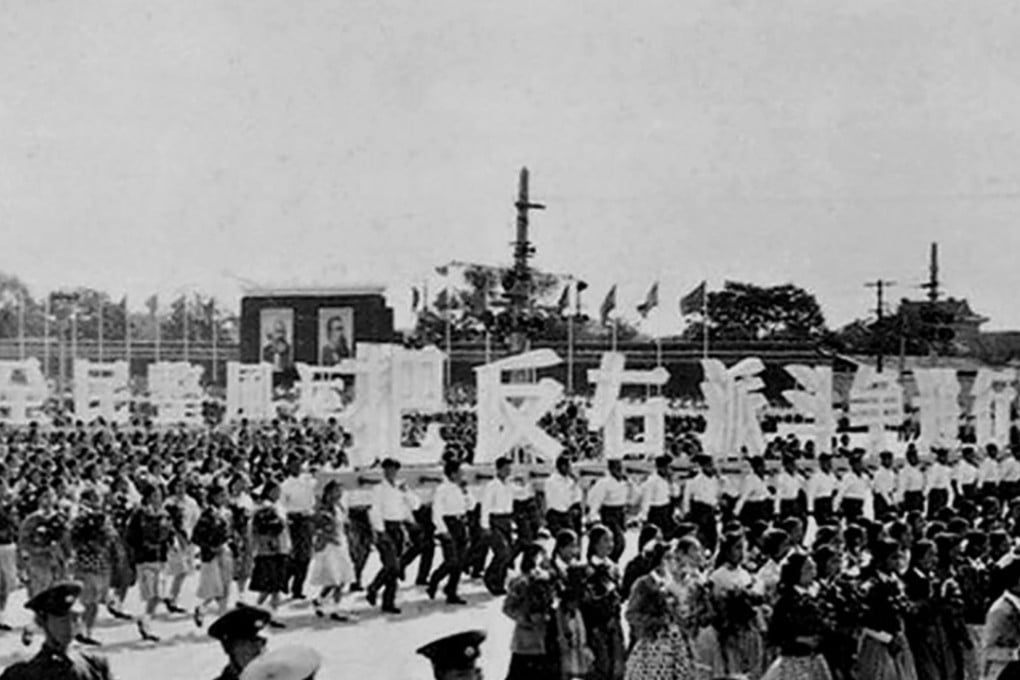Echoes of 1950s persecution in China’s crackdown on liberal voices
With the 60th anniversary of the Anti-Rightist Movement on June 8, some scholars liken Beijing’s tightening of ideological control to those times

On the 60th anniversary of the start of former Chinese leader Mao Zedong’s campaign against intellectuals that saw some half a million people persecuted by the Communist Party, some present-day scholars say there is again growing pressure from the authorities to silence liberal voices.
Since the administration of President Xi Jinping took over in late 2012, the authorities have tightened ideological control over universities and increased censorship of conventional and social media. Academics deemed controversial have had their social media access curtailed while others have left their posts.
“The ideology of mainland China has seriously retrogressed in recent years, with increasing control over intellectuals and the media, and little freedom of speech,” said Hong Zhenkuai, a mainland historian and former executive editor of liberal political magazine Yanhuang Chunqiu.
“The current situation is that liberal intellectuals have been comprehensively suppressed and have lost the right to speak on public media that they used to enjoy during president Hu Jintao’s administration,” Hong said, referring to Xi’s predecessor.
Yanhuang Chunqiu was forced to replace its editorial team with outsiders last year. Hong himself was sued for defamation after he questioned a Communist Party official account of some wartime heroes. He lost the case and was ordered to make a public apology.
